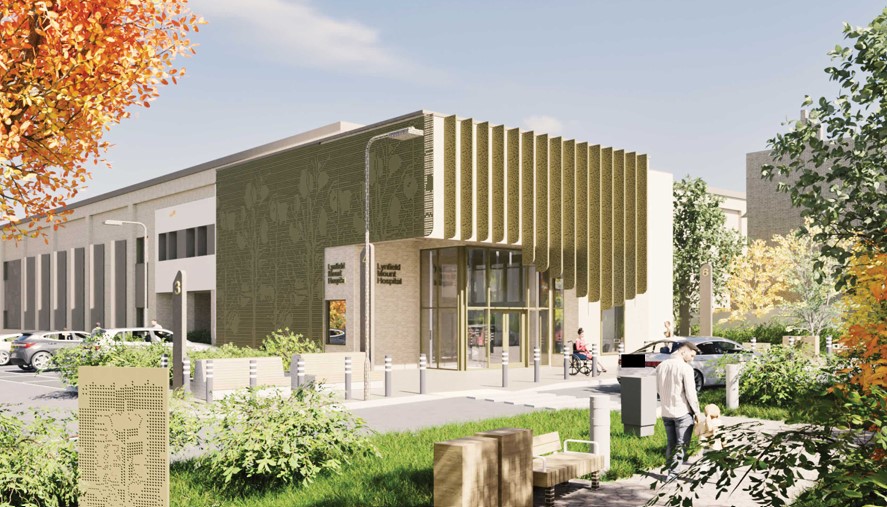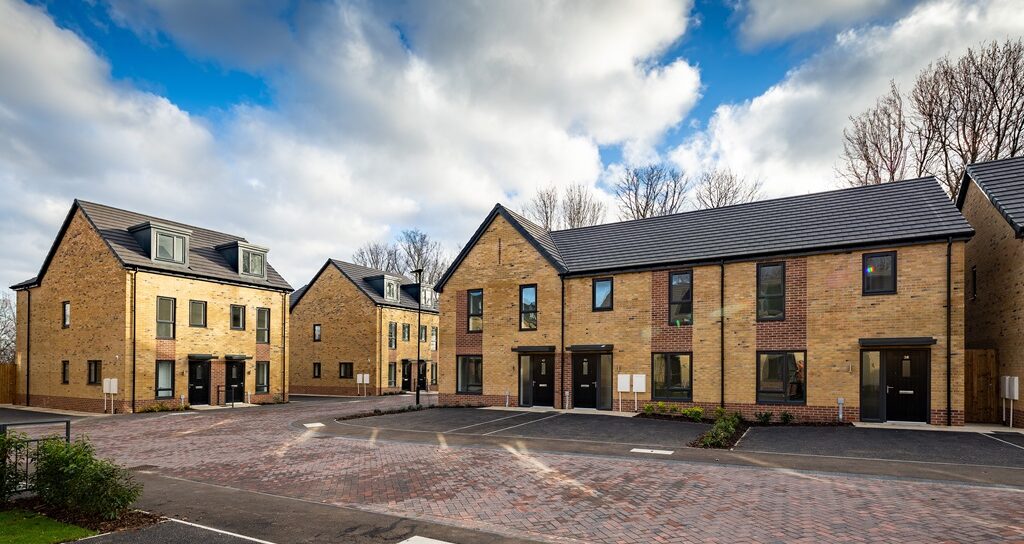Leeds, Sheffield land spots on CBRE’s ranking of UK growth cities
Leeds was hailed as an “exciting hub for medical technology” by the consultancy, while Sheffield garnered praise for having the most affordable apartment rental market out of the cities examined.
CBRE’s Which City? Which Sector? report, released Monday, looked at 50 of the country’s largest regional towns and cities outside of London to evaluate which was best suited for growth in the housing, office, retail, life sciences, and industrial scene.
To craft its listing, CBRE looked at a variety of factors including GDP, employment growth, demographic trends, property supply pipeline, housing affordability, and local universities.
What’s the verdict on Leeds?
Leeds is filled with potential, securing a top 10 spot on nine of the growth city lists due to its projected GDP increase of 15.7% over the next decade.
According to CBRE, the city’s top growth sectors are student accommodation, offices, and life sciences. The city was ranked sixth for offices and student accommodation, but was ninth when it came to life sciences.
Despite the semi-mixed messaging, Leeds was billed as “an exciting hub for medical technology” by CBRE, which cited the future Innovation Village science park at Leeds General Infirmary. This project, CBRE stated, could create an economic boost of nearly £13bn.
Leeds’ best performance in the rankings focused on retail, where the city came in fourth.
Other key sectors included leisure, food, and beverage (where Leeds was sixth), urban logistics (ninth), affordable housing (seventh), senior living (tenth), and hotels (eighth).
How about Sheffield?
Sheffield has the most potential when it comes to urban logistics, single-family housing, and retail according to CBRE.
Sheffield came third, fifth, and eighth in the growth cities ranking for each of these, respectively.
The city area’s potential for multi-family housing was also highlighted, with Sheffield being ranked seventh.
Aiding the residential potential of Sheffield is the fact it has one of the lowest house prices in the cities CBRE examined. Coupling that with the fact Sheffield has seen an 11.5% increase in house prices over the past year makes its housing prospects even greater.
Rental-wise, Sheffield earned praise for its average £934 per month rent for apartments.
Sheffield also landed in the top 10 rankings for offices, coming in the ninth position.
Jennet Siebrits, UK head of research at CBRE, said: “Leeds, which has one of the most diverse economies in the UK, ranked particularly well in the office and retail sectors and Sheffield was ranked among the highest cities respectively for projected growth in the urban logistics sector, which has undergone a period of supply chain diversification to keep up with accelerated online retail activity and consumer expectations since the pandemic.
“The way towns and cities evolve is very much reflective of their local geographies, natural resources and cultural history. As a result, no two UK cities are the same and subsequently, different real estate sectors thrive in different locations. Real estate professionals need to be mindful of these differences to help inform their future strategies.”
How did Manchester do?
It is safe to say that if CBRE’s predictions are accurate, Manchester is ripe for investment securing top spots on the consultancy’s ranking for growth cities in the office, urban logistics, student accommodation, self-storage, single-family housing, and multi-family housing.
Much of that is due to its projected population growth – with CBRE estimating the number of people living in Manchester could increase by nearly 6% within the next decade. More people means more money, with CBRE putting the city’s growth in consumer spending within the decade at 24.7%.
When it was not in the top spot of the CBRE study, Manchester was high in the rankings. When it came to the top growth cities for life sciences, Manchester came in third – behind only Oxford (second) and Cambridge (first). CBRE noted the 2m sq ft of lab space that is set to come online in the area by the end of the decade.
What about Liverpool?
Liverpool secured two top 10 spots on the CBRE growth cities lists, coming in seventh for offices and ninth for self-storage.
Though ripe with potential for offices, CBRE said that the city’s top growth sectors were actually life sciences, student accommodation, and leisure, food, and beverage.
The life sciences sector in particular is set to grow – with a 15% increase in life sciences employment predicted to occur over the next decade.
Any intel on Newcastle?
No one should sleep on the North East city, with CBRE listing Newcastle among the top ten growth cities for the hotel, student accommodation, life sciences, and leisure sectors.
Looking just at Newcastle, CBRE decided its top three growth sectors were single-family housing, student accommodation, and life sciences. Justifying its reasoning, the company cited the 13% increase in life sciences employment that is expected to hit Newcastle over the next 10 years. Newcastle also has a projected increase of 14.4% over the next decade, according to CBRE.





